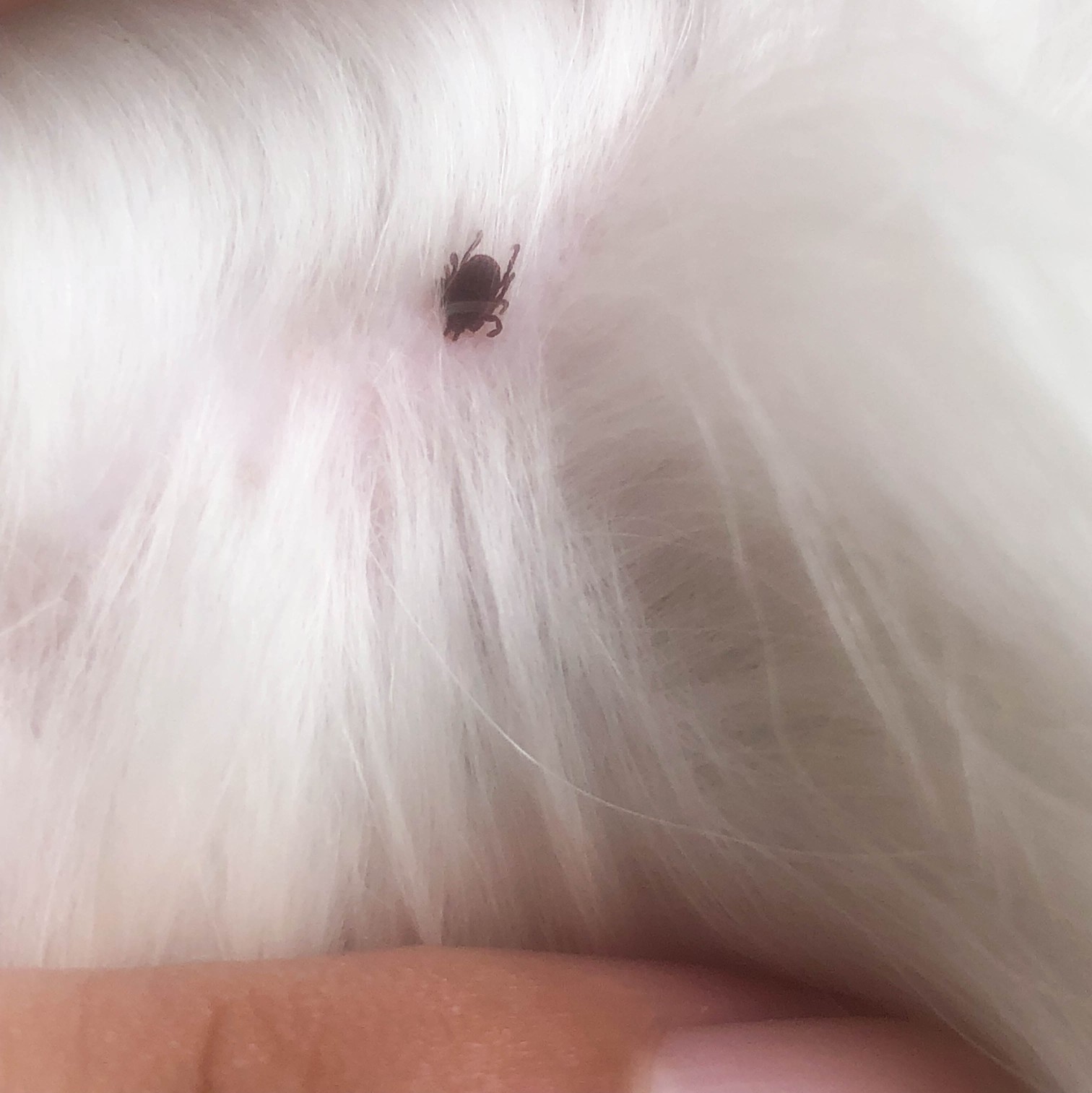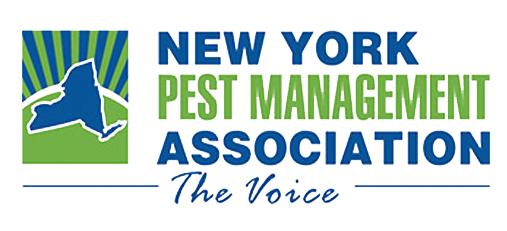Tick Identification & Prevention
Tick Control
Ticks are small, parasitic creatures that live outside. They require the blood of humans and animals to survive and complete their reproductive cycle. Although they are tiny in size, ticks are a significant problem all over the United States.
As temperatures gradually warm every year in New York and New Jersey, tick infestations are growing more common, even in the northern areas. Ticks can easily transmit several diseases through their bites, and they aren’t just a problem outside; you or your pets are can bring ticks into your home.
Familiarize yourself with ticks’ basic identification and behavior, and then take steps to prevent and eliminate an infestation today.
What Are Ticks?
Ticks are small arachnids, which means they are related to mites and spiders. These small parasites use your blood to keep themselves alive. They also feed on the blood of pets, livestock, rodents, and wild animals.
Ticks have oval-shaped bodies; adults have eight legs, are wingless, and do not have antennae. They cannot climb or jump; instead, they attach themselves to a host that brushes past them. They use their specialized mouthparts to bury themselves into and feed on their host.

Ticks can stay on their host feeding for several days. After becoming full, they fall off of their host and onto the ground. Depending on their life stage, they will molt and find a new host to feed on, or adult females will lay their eggs.
Are Ticks Dangerous?
These parasitic creatures transmit several diseases, including Lyme disease, Rocky Mountain spotted fever, tularemia, tick-borne relapsing fever, and more. The health risks that ticks pose cause them to be considered very dangerous pests.
Ticks not only spread diseases that affect people but our pets as well. They spread Lyme disease, and Rocky Mountain spotted fever, ehrlichiosis, and more to our pets. A tick’s saliva contains compounds that increase blood flow, prevent clotting, and suppress the host’s immune response. Those allergic to tick saliva may develop an allergic reaction after a bite.
Why Do I Have a Tick Problem?
You or your pets can contact ticks if you live in a wooded area or spend any time outdoors during warm weather. Ticks are also introduced into yards by wild animals. As they travel across our yards, nest in our yards, or forage for food in our yards, they will bring with them the ticks hidden in their fur.
Where Will I Find Ticks?
Not many species of ticks can complete their life cycle indoors. Those who can lay their eggs in different home areas — near baseboards, behind window and door trim, in furniture, rugs, or even curtains.
It is most common for ticks to live and breed outside. When not on a host, ticks wait in damp, dark areas of vegetation. Areas they like to hide in include underneath woodpiles, under-leaf piles, along wooded trails, and tall wet grasses or weeds. They prefer to stay out of areas of direct sunlight.
How Do I Get Rid of Ticks?
Unfortunately, there is no way to avoid ticks completely. There is always the chance that they will be introduced onto your property by wandering wild animals. The best way to control a large infestation developed on your property is to partner with a professional. Ticks are dangerous pests, and an infestation should be addressed sooner rather than later.
If ticks have become a problem in your yard, contact the professionals at Hello Pest Control today! We will be happy to work with you to put into place the services needed to control ticks in your yard now and in the future.
How Can I Prevent Ticks in the Future?
The easiest way to prevent problems with ticks is to make yourself aware of their habits and put into place some of our easy to follow prevention tips:
- Tick eggs aren’t usually visible to the naked eye, but if you have an infestation, you will likely begin to notice a large number of ticks on yourself or your pet after spending time outdoors.
- After spending time outside, check yourself, kids, and pets for ticks.
- When going outside, especially in wooded areas, make sure to wear long sleeves and pants.
- Ticks prefer dark, damp areas. Keep the soil around your home dry by pruning back overgrown shrubs and other landscaping.
- Mow your lawn frequently to keep the grass cut short. Ticks will avoid short grass.
-
Keep rodents and wild animals that carry ticks on their backs from being attracted to your yard by eliminating food sources. Keep lids on trash cans, pick up pet food, and remove bird feeders.
Eliminate A Tick Infestation; Call Hello Pest Control Today
At Hello Pest Control, we will start eliminating your tick problem by troubleshooting your yard. Our technicians will look for areas that attract ticks and give you tips on making them less attractive. We will also recommend other preventative measures that you can take. These can include regular cleaning and vacuuming, and monitoring your pets for ticks.
We then move on to the next stage of treatment, which involves implementing measures to get rid of the ticks.
If the ticks have moved into your home, you will need to shampoo or steam clean curtains, rugs, and carpets to remove ticks, eggs, and larvae. We will utilize treatments like diatomaceous earth or an insect growth regulator to eliminate ticks.
If you have a tick infestation, don’t worry. At Hello Pest Control, we use the best and most advanced methods to rid your property of ticks and prevent them in the future. Contact us today to put these biting pests to rest once and for all and get started on our effective home pest control or commercial pest control services.
“We didn’t even think twice about who to contact when we had a problem with termites.
Hello Pest Control always comes through for us.” Alexander M.
Get Started With Hello Pest Control Today
Contact us today to get started with immediate pest control services.

Hello Pest Control
545 Saw Mill River Rd
Suite 3B
Ardsley, NY 10502
(914) 371 6871
Give Us A Call!
(914) 371-6871
Copyright © 2022 Hello Pest Control – All Rights Reserved. / Terms and Conditions / Privacy Policy / Accessibility Statement

